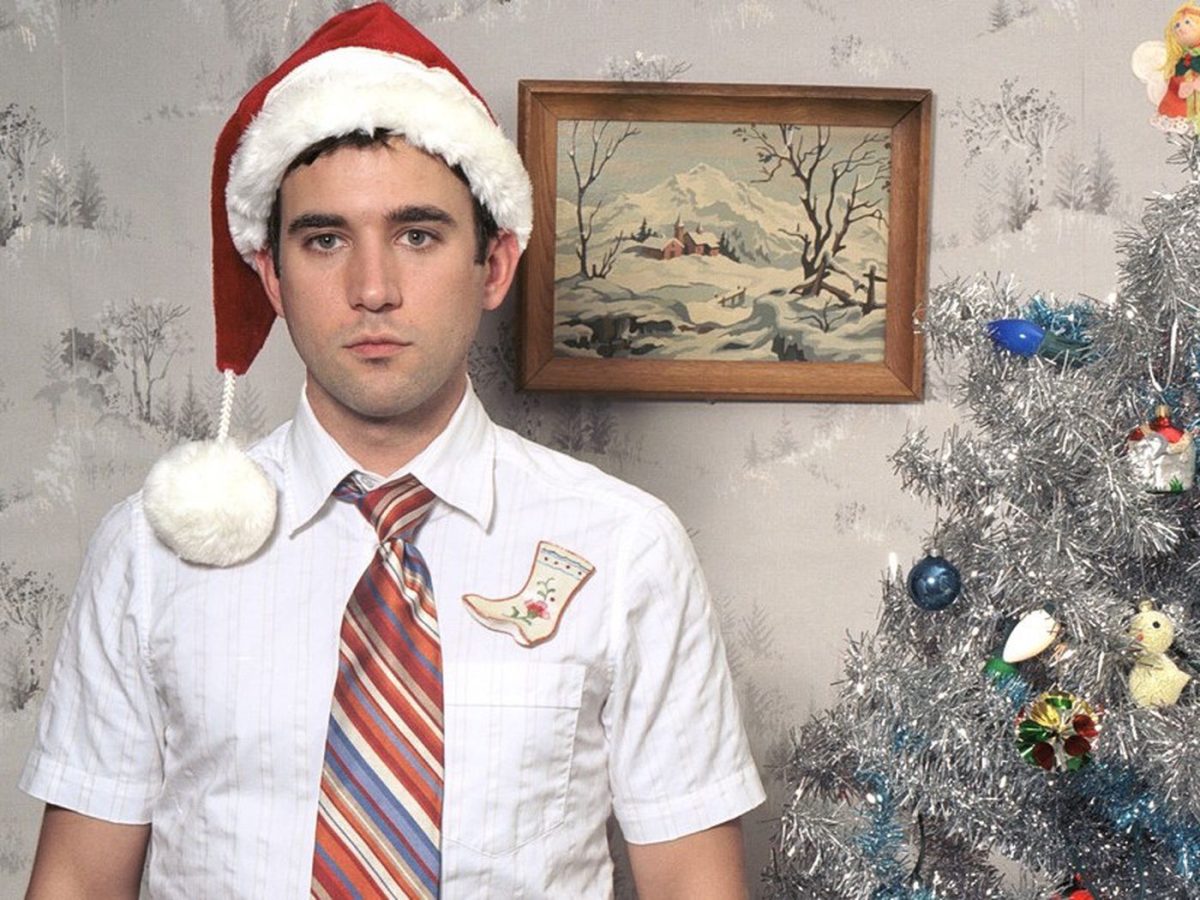What is Indie Music? Indie Music, Explained
If he tries to explain to you what shoegaze is, run.

Perhaps some of you have gone to my author page to read more about video games, and you’re instead bombarded by all my bad takes on music. Perhaps you keep discovering new artists on Instagram or TikTok and can’t quite tell what the genre is. Perhaps your cool new partner keeps telling you about some band called Ween, and you don’t know what’s up or down anymore. Either which way, you probably have a very genuine question on your mind: “What on god’s green earth even is indie music????”
And hey, look, depending on who you ask, you will get many opinions on this from some very passionate people. But the clearest definition one can give is this: indie music is any published song or album that has been published without any contributions from a major, commercial record label, like Universal or Warner.
How does one do this? It’s actually pretty easy, if not typically as lucrative. Some people form their own autonomous collectives and publish under them, such as the popular band Vundabar, who founded the Boston-based label Gawk. An interview with Sound Of Boston explains their ethos, which falls in step with the ethos of similar collectives:
“We didn’t have a label, so we made one,” [frontman Brendan Hagen] said. Then he thought he could start releasing other bands—all digitally, most of the time on cassette as well. A lot of the drive for new bands to either create their own or forgo signing to a label entirely comes from financial pressures, according to Hagen. It gets expensive booking recording studios, paying for mastering, and supporting tours—many bands can’t shoulder the debt on their own. This attracts them to signing with a label, who take on a portion of that burden—as well as some creative rights in turn. “We have a DIY ethic, but I think it’s more from a pragmatic place than from feeling, ‘This is what people should do, and they shouldn’t do that,’” he said. “Everyone needs different things… I don’t think it’s necessary anymore to sign to a label.”
“It fosters a community of artists around each other,” [drummer Drew] McDonald added, referencing the smaller DIY labels, in particular Citrus City Records. “It’s nice to have a more intimate option for release.”
Sound Of Boston
Of course, there is such a thing as an independent label that isn’t based on a collective. These labels include the likes of Rough Trade Records, XL Recordings, and Epitaph Records, which you’ve probably come across here or there. Labels such as these often start by featuring one specific genre of music, and then grow with the help of their country or region’s trade associations. For instance, Asthmatic Kitty—the label founded by indie darling Sufjan Stevens—operates primarily in Wyoming, Atlanta, Georgia, and Brooklyn, and features artists such as Angelo De Augustine and Linda Perhacs.
Indie artists can eventually sign to major labels, too. One of the aforementioned Ween’s weirdest albums, Pure Guava, was their first release after getting signed to Elektra Records—a major label. A very Ween move. Whether or not artists like this still count as “indie” or not might get you into a knife fight.
An alternative to both indie and commercial labels is your local DIY (“do it yourself”) scene, in which the music is made independently, but the publicity is handled via the community you find yourself in. Punk scenes in particular are good at this, where zines, tapes, and word of mouth are the name of the game. For some people, this works, and they get by based on whatever relative popularity they can find in a scene. For others, they need a bit more help—hence why they might want to sign to a label, commercial or otherwise.
Ultimately, while indie rock is what we primarily know “indie” music through, indie can span all sorts of genres. It’s really just defined by how the music is made and distributed. Hopefully, this helps clarify a few things. And remember: if some punk ever tries to make you feel square for not knowing “what’s up,” don’t take it personally. They probably just forgot to eat their breakfast.
(Featured Image: Asthmatic Kitty Records)
Have a tip we should know? tips@themarysue.com